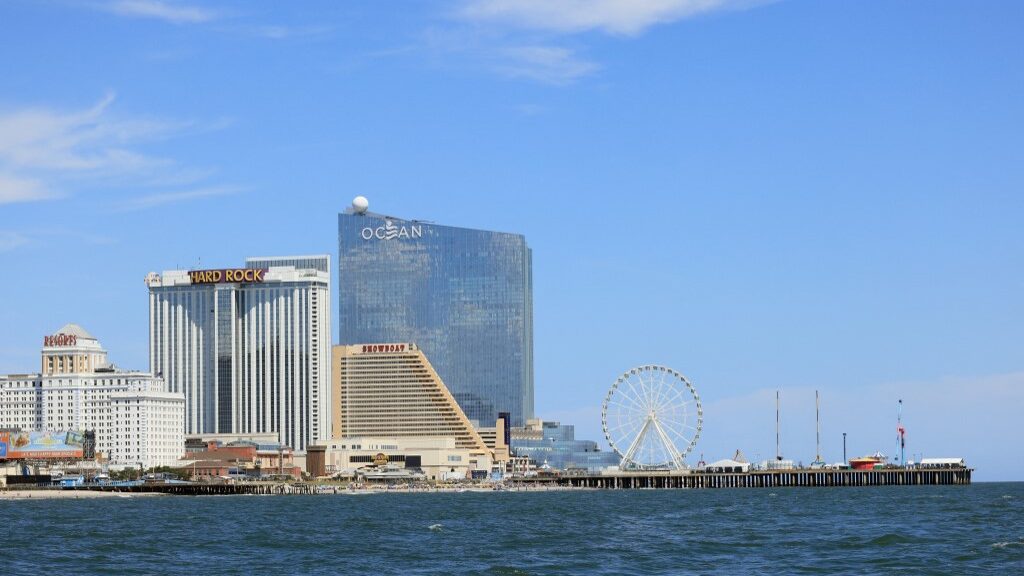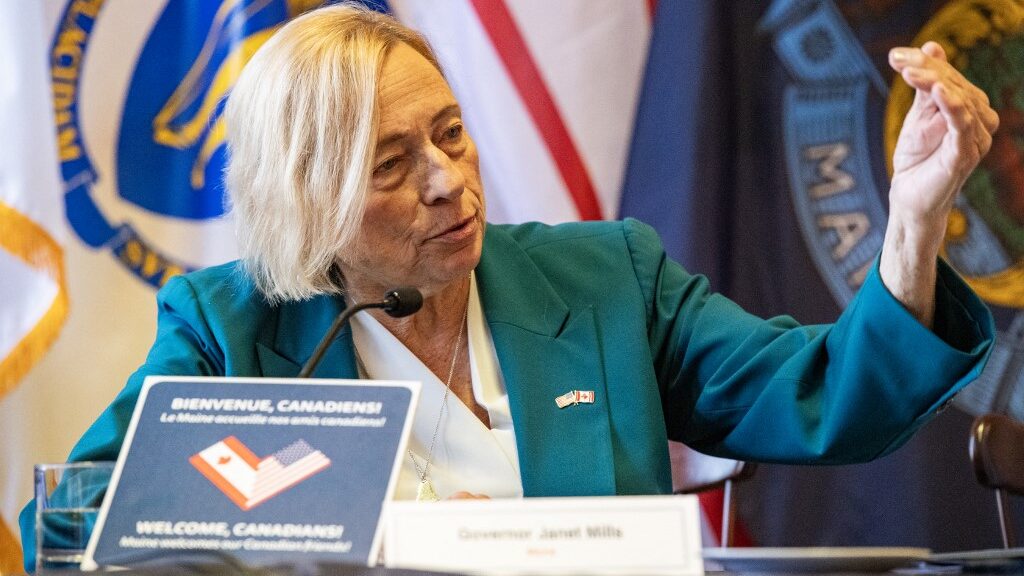
In a surprising move this week, New Jersey lawmakers rolled out the 2025 state budget proposal, leaving internet gaming tax rates untouched.
Sen. John McKeon introduced S3064 in April, aiming to double New Jersey’s online casino tax rate from 15% to 30% and the online sports betting tax rate from 13% to 30%. However, these proposed increases did not make it into the final budget proposal.
“I’m disappointed that we didn’t get it done in time to be helpful this budget cycle,” McKeon told PlayUSA. “But there’s no doubt with the forecast for economic times in front of us that, ultimately, we will make some changes to the online gaming tax rate in our state.”
New Jersey Expected to Follow Illinois’s Lead
This decision comes as a welcome relief for the online gaming industry, which has been grappling with a recent tax hike on online sports betting in Illinois. On May 26, the Illinois Senate approved a budget that significantly raises taxes on successful sportsbooks.
The new legislation, HB 4951, introduces a progressive wagering tax, imposing a 40% rate on operators with the highest adjusted gross revenue. This nearly triples the tax rate for the top sportsbooks in Illinois, making it the second-highest in the country, just behind New York’s 51% rate.
Since the launch of sports betting in June 2021, operators in Illinois have been paying a 15% tax.
Operators Pushing Back Against the Proposal
As you may expect, operators are not happy with the way this is going.
The Sports Betting Alliance (SBA), a coalition that includes FanDuel, DraftKings, BetMGM, and Fanatics, condemned the proposal (in Illinois) as an “extremely disappointing decision that will cause real harm.”
SBA President Jeremy Kudon stated that members in Illinois already face an effective tax rate of 30% to 60% due to promotional credits being taxed as revenue, unlike in many other states. He argued that the new tax would “counterproductively penalize sports betting operators who invested millions into the local economy and created jobs” and would have “devastating” effects on sportsbooks’ in-state partners, including casinos that collaborate with local communities.
Discussions About Tax Rate in New Jersey Will Continue
While public legislative discussion has been lacking, the New Jersey bill has garnered more attention following Illinois’ recent significant increase in sports betting tax rates.
Senator McKeon hopes to set up a hearing for the proposed online gaming tax increase when lawmakers reconvene in the fall. As vice chair of the Senate State Government, Wagering, Tourism, and Historic Preservation Committee, McKeon hopes these discussions will pave the way for legislators to consider raising the online gaming tax rate in the 2026 budget. There’s also a chance that the online gaming tax increase could be part of a multi-faceted bill during the lame-duck session after the November election.
In 2023, New Jersey’s online gaming industry contributed $414 million in tax revenue to the state, with $288 million coming from online casinos. Money usually talks louder than anyone in a discussion like this. We’ll wait to see how it all plays out.
















